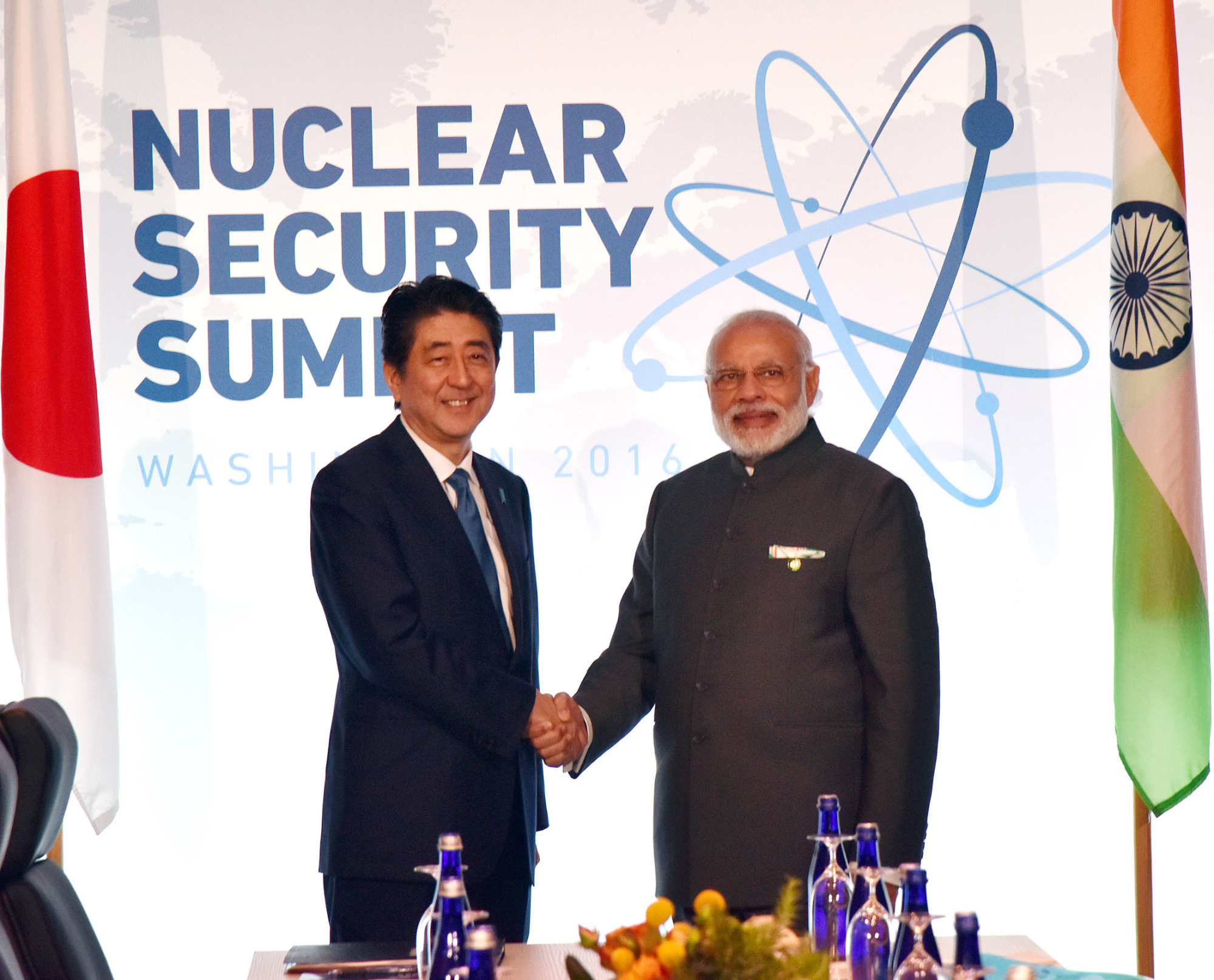While Prime Minister Shinzo Abe's electoral victory in October has generated plenty of debate regarding prospective constitutional change, another highly controversial issue — nuclear power — has largely escaped attention despite being touted as a significant electoral issue.
Although initially returning to power in 2012 at the height of post-Fukushima anti-nuclear sentiment, Abe has promoted nuclear energy as a pillar of his economic agenda at home and abroad. Indeed, despite the industry's diminishing domestic prospects, his return to office signals the continuation of policies promoting Japanese nuclear technology abroad as a means of addressing the nation's trade deficit, ironically a product of the suspension of most of Japan's own reactors.
Nuclear exports contribute significantly to the pursuit of Japan's foreign economic and political goals in strengthening key bilateral relationships and opening up investment opportunities with emerging economies. Certain agreements, however, arguably risk implicating Tokyo in international proliferation controversies or potential future industrial-environmental disasters, while the long-term financial benefits of nuclear power investments are also uncertain.


















With your current subscription plan you can comment on stories. However, before writing your first comment, please create a display name in the Profile section of your subscriber account page.